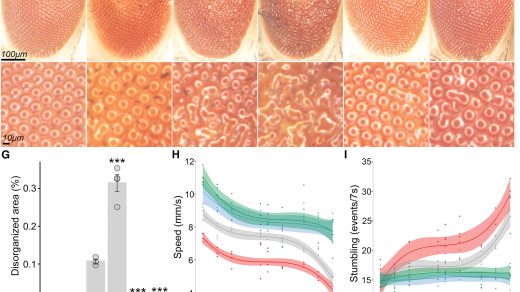
Researchers from Harvard Medical School have introduced an AI model capable of identifying precise gene and drug combinations to reverse pathological conditions in human cells.
The PDGrapher system aims to tackle some of the most challenging issues in medicine—neurodegenerative diseases such as Parkinson’s and Alzheimer’s, as well as rare conditions like X-linked dystonia-parkinsonism.
Unlike traditional computational tools that capture correlations, PDGrapher predicts “gene-drug” pairs to restore normal cell function and provides mechanistic explanations of how these interventions might work.
Historically, drug development has been slow, costly, and fraught with inaccuracies. The AI model could accelerate timelines, reduce costs, and reveal new therapeutic pathways.
The Harvard team has begun testing PDGrapher on real biological datasets. Initial results indicate that the system can highlight promising gene and drug combinations that align with known therapeutic interventions. It also identifies new pairs not yet confirmed in the laboratory.
If proven effective in clinical trials, this approach could help medicine shift from one-size-fits-all treatment plans to personalized therapies based on each patient’s unique biology.
Back in June, an AI-created drug showed signs of effectiveness in treating a severe lung disease.
Нашли ошибку в тексте? Выделите ее и нажмите CTRL+ENTER
Рассылки ForkLog: держите руку на пульсе биткоин-индустрии!
This news item came from: https://forklog.com/en/ai-model-trained-to-treat-parkinsons-and-alzheimers-diseases/



